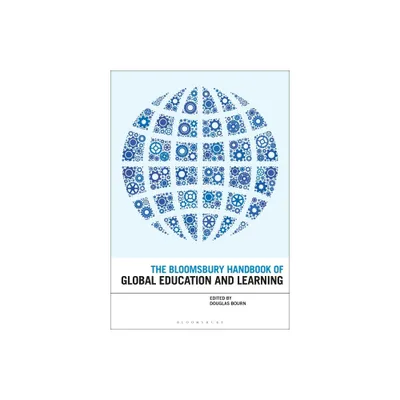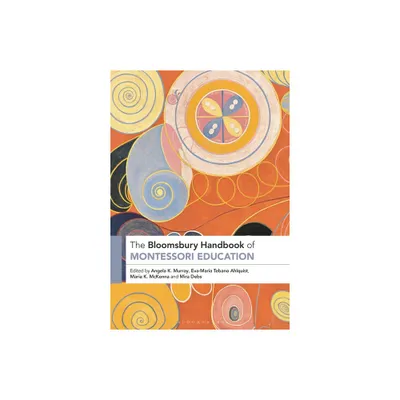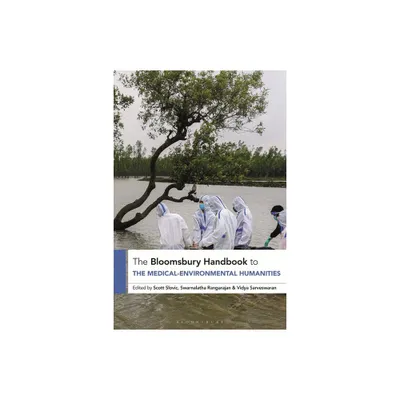Home
The Bloomsbury Handbook of Caribbean and African Studies Education
Loading Inventory...
Barnes and Noble
The Bloomsbury Handbook of Caribbean and African Studies Education
Current price: $190.00


Barnes and Noble
The Bloomsbury Handbook of Caribbean and African Studies Education
Current price: $190.00
Loading Inventory...
Size: Hardcover
*Product Information may vary - to confirm product availability, pricing, and additional information please contact Barnes and Noble
This handbook covers the history, policy, practice and theories of African and Caribbean education and promotes the sustainability of socio-cultural beliefs, values, knowledge and skills in the regions.
Africa and the Caribbean share commonalities of the geopolitical and historical dominance by European empires and colonialism and aftereffects of anti-blackness in the global trade in enslaved persons. Indigenous religious, cultural, and ethnic currents in Africa are echoed in the Caribbean along with a strong infusion of Asian and other ethnic influences. The handbook shows how educators in both regions are grappling with Western education eclipsing indigenous epistemology and contributes to important debates and discourses including culturally relevant teaching, decolonization, critical race theory, Africana studies, Black emancipation, the African diaspora, Bi-cultural experiences, and the climate emergency. It is organized into three sections covering past issues that frame education in Africa and the Caribbean; the present challenges and opportunities of Education in the regions; and future opportunities for education post-2020.
Africa and the Caribbean share commonalities of the geopolitical and historical dominance by European empires and colonialism and aftereffects of anti-blackness in the global trade in enslaved persons. Indigenous religious, cultural, and ethnic currents in Africa are echoed in the Caribbean along with a strong infusion of Asian and other ethnic influences. The handbook shows how educators in both regions are grappling with Western education eclipsing indigenous epistemology and contributes to important debates and discourses including culturally relevant teaching, decolonization, critical race theory, Africana studies, Black emancipation, the African diaspora, Bi-cultural experiences, and the climate emergency. It is organized into three sections covering past issues that frame education in Africa and the Caribbean; the present challenges and opportunities of Education in the regions; and future opportunities for education post-2020.


















